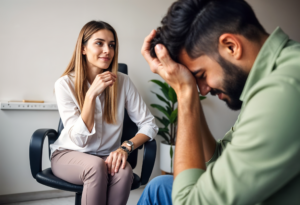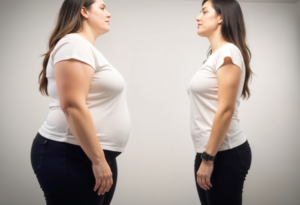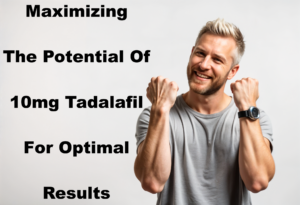
Is Falling Asleep After Eating A Sign Of Diabetes?
How often do you find yourself dozing off on your office desk after a hearty lunch? If you are nodding to it, then it is important to question whether this drowsiness is just a food coma or a hint of an underlying health issue. While feeling a bit drowsy seems like a normal response to a well-fed body, it could be a subtle sign of diabetes. With a changing lifestyle, diabetes has been affecting multiple people as its symptoms are quite often overlooked. But how is falling asleep after eating a sign of diabetes? Well, be it fluctuating energy levels or blood levels, this blog aims to understand the connection between post-meal drowsiness and diabetes.
Normalcy vs Concern: When Should You Worry About Post-Meal Drowsiness?
To answer the question is falling asleep after eating a sign of diabetes or not, it is essential to understand what differentiates normal sleepiness from a sign of diabetes.
Popularly known as postprandial somnolence, the feeling of napping after a meal is quite common.
Here’s a difference between both to help you understand when to worry and when not to:
Normal Post-Meal Fatigue
- If you feel like napping after having a large meal high in carbohydrates and fats, it is quite normal.
- If your meal is rich in carbohydrates and tryptophan-containing proteins, it leads to the production of serotonin and melatonin. This naturally enhances drowsiness.
- If you tend to fall asleep after lunch, it could be because of the circadian rhythms, which cause your body to have a natural tendency to dip in energy levels during afternoons.
When to be Concerned
- When you constantly feel extremely tired after each meal, it is a sign of poor blood sugar levels, which is a common sign of diabetes.
- In addition to post-meal drowsiness, if you are thirsty and have blurred vision, it could be a sign of being diabetic.
- When you feel tired unnecessarily, even after consuming small meals, it means your blood sugar levels are imbalanced, indicating signs of diabetes.
Understanding these differences could help you maintain your overall energy levels and make the needed medical decisions for your well-being.
The Science Behind Feeling Sleepy After Eating
Even after a normal body response after eating, have you ever wondered – is falling asleep after eating a sign of diabetes?
A significant amount of blood is directed toward your digestive system when you eat to break down food and absorb nutrients. This increase in blood flow results in a temporary fall in blood flow to the other parts of the body and the brain. As a result of which, it promotes a feeling of tiredness in you.
Apart from these primary reasons, the type of food you are consuming also determines the urgency to take a nap after eating.
For example, high carbohydrate foods increase blood sugar levels, which generates insulin. We all know that insulin facilitates the amino acid tryptophan into your brain, regulating sleep.
This chain reaction is one of the major reasons behind feeling sleepy after eating.
Could Post-Meal Sleepiness Be A Symptom Of Diabetes?
Diabetes is a common chronic condition that increases the blood sugar levels in your body due to either the inability to produce sufficient insulin or use it effectively.
Is falling asleep after eating a sign of diabetes? Or could it be a normal tendency? Is it a sign of your inefficient insulin hormones?
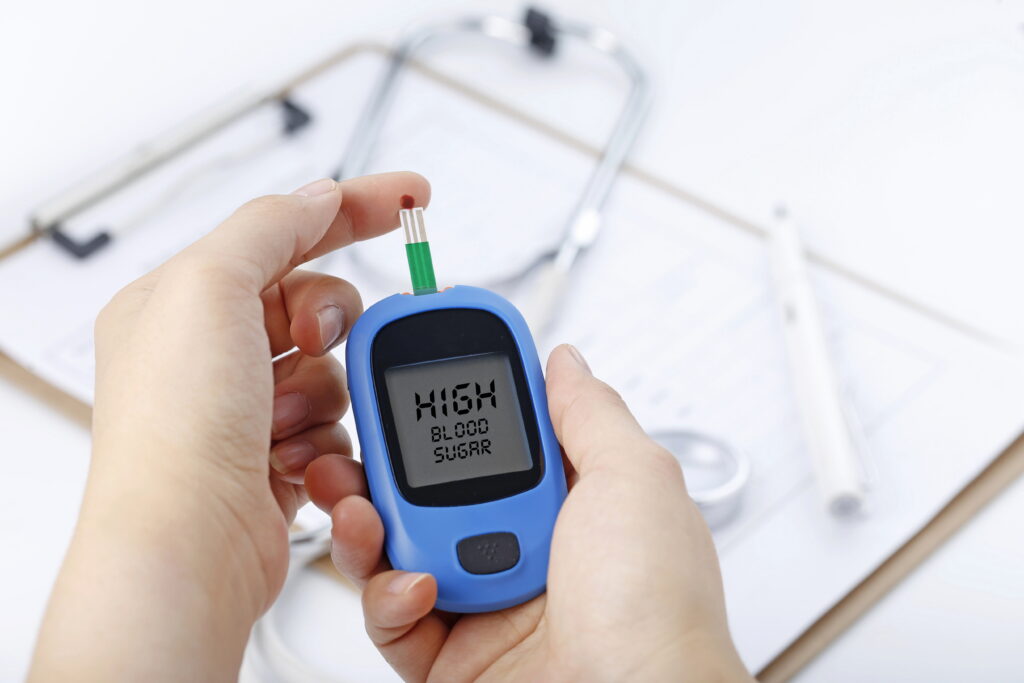
These are the signs of post-meal sleepiness indicating diabetes:
- The first sign of diabetes is the inability of the pancreas to produce enough insulin to absorb the increased glucose from the food.
- If you are feeling extremely tired after a meal, it could be because of low blood sugar levels due to the spike in insulin production. This is a sign of your body attempting to stabilize your blood sugar levels, contributing to sleepiness.
Apart from these signs, you can understand is falling asleep after eating is a sign of diabetes or not if you have an increased hunger, unexplained weight loss, and slow-healing sores.
Factors influencing the post-meal fatigue
Another effective way to understand – is falling asleep after eating a sign of diabetes. Or is it just normal tiredness or a concern of diabetes that needs to be understood to understand the several factors influencing post-meal fatigue?
Here’s an overview of the same factors influencing the post-meal fatigue:
- The nutrient composition of a meal with carbohydrates leads to a sudden fluctuation in the glucose levels of the body.
- Portion size, as large meals lead to drowsiness as it requires more energy to digest.
- Digestive processes such as redistribution of blood flow and hormonal responses also contribute to post-meal sleepiness.
- Individual metabolism and health, such as metabolic rate, also help promote sleepiness after eating.
- Activity levels, such as whether you exercise regularly or not, also influence how sleepy you feel after eating, as it can improve the overall metabolism.
Upon understanding these factors, you can mindfully manage the symptoms of post-meal fatigue.
Tips to stay energized after eating
Is falling asleep after eating a sign of diabetes? What if it is a normal post-meal sleepiness and not a sign of diabetes? Honestly, it could be truly difficult to fight those naps after lunch, be it during office hours or in between your lectures.
To help you tackle the same, here are some tips to stay energized after eating:
- Have a balanced meal
- Avoid large meals, eat at intervals
- Stay hydrated
- Include fiber-rich foods
- Avoid sugary and refined carbohydrate food
Hence, by incorporating these simple tips you can also maintain sufficient energy throughout the day without falling asleep.

To Sum Up
Is falling asleep after eating a sign of diabetes? The next time you feel the urge to take a nap after a meal, consider it a gentle reminder to prioritize self-care and listen to your body’s responses. Hence, by including balanced eating habits and monitoring the little symptoms, you can truly understand if falling asleep after eating is a sign of diabetes or not. Depending on such findings, you can have clarity about your drowsiness and make the necessary decisions. At Direct Preventive Care, we find out the underlying cause of the disease that is affecting your life and treat it through lifestyle-altering hormone therapies. To stay active and to treat the signs of diabetes contact us and begin a healthy lifestyle.
